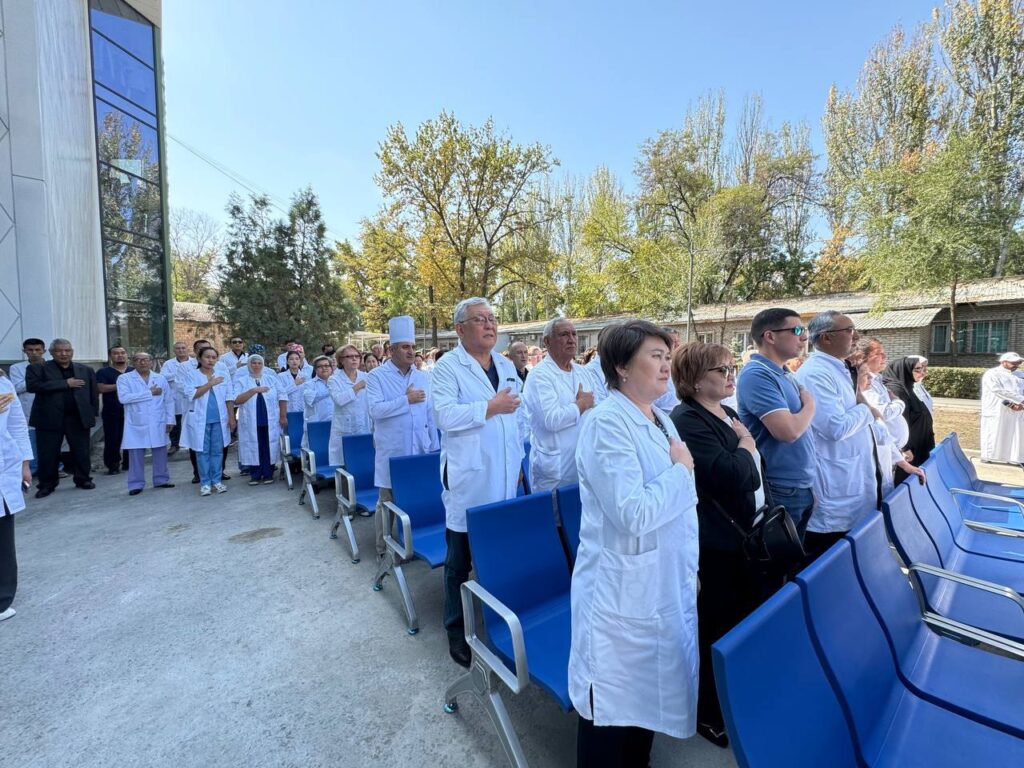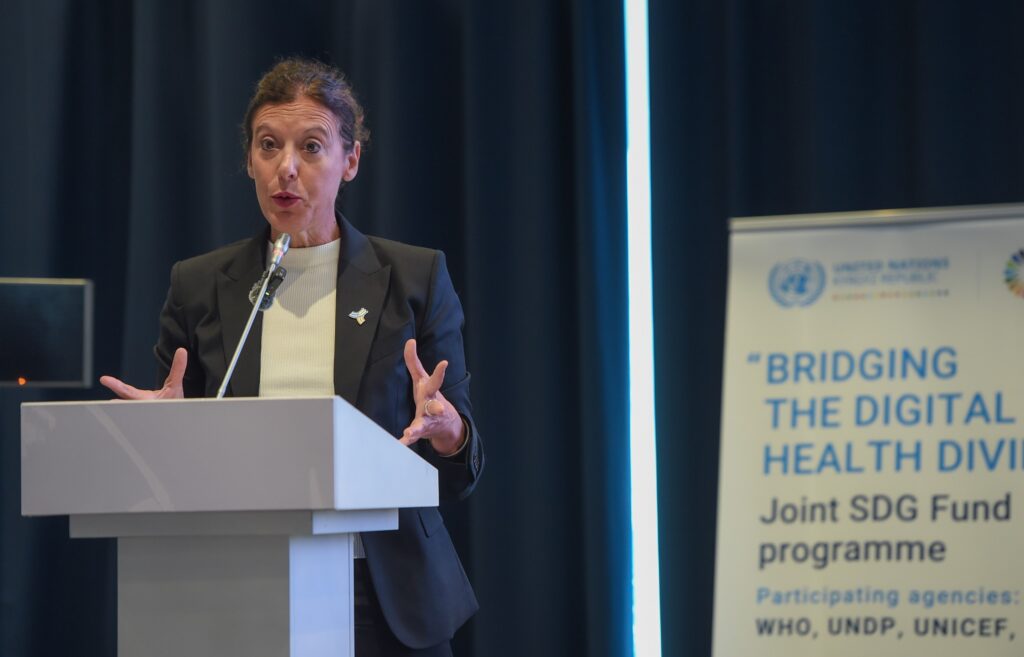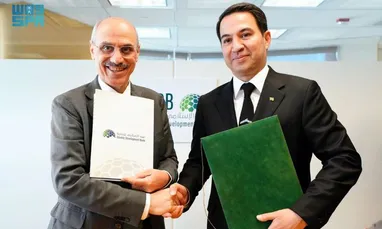As of today, more than 3,800 individuals in Kazakhstan are in urgent need of internal organ transplants, with 90 of them being children. Despite the pressing demand for transplantation, the current waiting list is moving slowly, leading the head of the Kazakhstan Khalkyna (To the People of Kazakhstan) foundation to propose changes to the country’s laws. Specifically, the suggestion is to reinstate cadaveric donation, allowing the extraction of organs from deceased individuals without the need for explicit permission from their relatives.
Bolat Zhamishev, the head of the foundation, expressed the urgency of amending transplantation and cadaveric donation laws during a conference conducted in collaboration with the Ministry of Health. He emphasized the need to move both the government and the public to address the shortcomings, as Kazakhstan lags in organ donation rates.
Zhamishev highlighted that many individuals awaiting transplants have to rely on organs from foreign countries, particularly those where permission from relatives is not a requisite.
The financial constraints faced by those seeking organs from abroad have led individuals to seek assistance from Kazakhstan Khalkyna. However, due to the substantial costs associated with organ transplantation, the foundation’s resources are insufficient to support all of those in need.
Health Minister of Kazakhstan, Azhar Giniyat, acknowledged that the issue of transplantology is widespread globally, but emphasized that it extends beyond a medical problem, delving into moral and ethical realms. Giniyat stressed the importance of raising public awareness and readiness to consider organ donation after death.
Giniyat disclosed her personal commitment to becoming a posthumous donor and shared that, to date, approximately 40,000 citizens have registered consent for their organs to be donated in the case of their death on an electronic government platform. Of this number, 15% have formally documented their consent.
Over the past decade, Kazakhstan has conducted nearly 2,500 organ transplants. However, the country faced a setback last October when the authorities detained a group of individuals involved in illicit organ trading. The group, consisting of medical professionals and notaries, were engaged in the buying and selling of internal organs. A total of 22 people were detained, and eight instances of organ sales were identified, with transactions ranging from $13.200 to $22,000.









